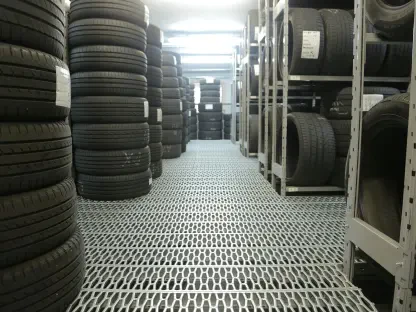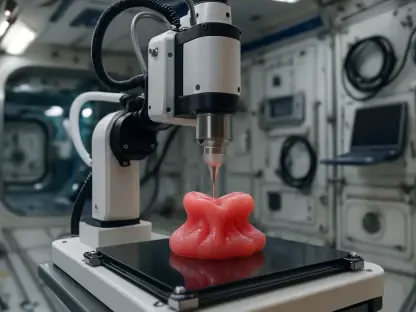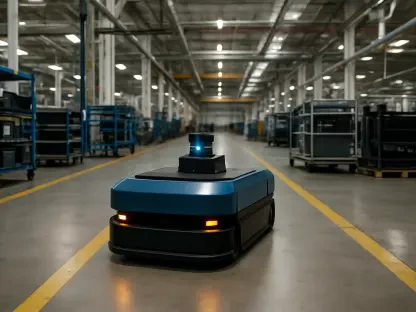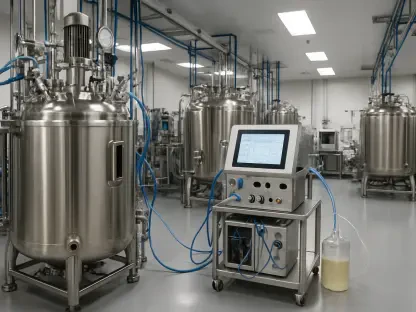A recent legal development has unfolded in California where a judge issued a preliminary injunction against Defense Distributed, a Texas-based company, temporarily preventing it from selling its CNC milling machines, such as the Ghost Gunner and Coast Runner, to California residents. These machines enable individuals to complete 80% lowers and construct firearms at home, an activity advocates assert is constitutionally protected.
Legal Challenges and State Regulations
California’s stance is that these CNC machines contravene state gun laws by facilitating the production of “ghost guns,” which are unserialized and homemade. The state further contends that Defense Distributed attempted to bypass a 2022 ban by rebranding its product. The injunction halts the sale and advertisement of these machines in California while the case is adjudicated. This ruling is consistent with a recent U.S. Supreme Court decision mandating serial numbers for homemade guns and requiring background checks for buyers of gun kits. This legal framework empowers anti-gun states like California to tighten their grip on homemade firearms proliferation.
Defense Distributed argues that their Coast Runner machine is versatile enough to create a variety of items, not just gun parts. The company refers to the Bruen decision, insisting that independent firearm manufacturing is a tradition dating back to America’s founding era. However, the judge refuted this argument, stating there is no historical precedent for the right to build firearms without government authorization. The ongoing case highlights the tension between regulatory efforts and constitutional rights, and the final outcome could set a significant precedent for similar cases across the country.
Broader Implications and Future Restrictions
The broader implications of this ruling concern the potential future restrictions on other manufacturing tools like drill presses or 3D printers. Notably, New York’s Manhattan District Attorney, Alvin Bragg, is advocating for 3D printer manufacturers to incorporate software blocks to prevent gun production. Such measures could drastically affect the availability and functionality of these tools for law-abiding citizens. Furthermore, the case illustrates the ongoing conflict between state actions and individual freedoms, especially concerning Second Amendment rights.
Meanwhile, President Trump has taken a stand on gun rights by issuing an executive order to review and aim to repeal Biden-era gun restrictions. This development underscores the friction between regulatory efforts to curb homemade firearm manufacturing and constitutional rights. The case exemplifies the persistence and complexity of the debate surrounding Second Amendment rights, with California leading a strategy focused on restricting access to firearm-making tools rather than directly combating crime.
Future Considerations and Actions Needed
The true contention in California’s strategy lies in its approach to restricting access to tools necessary for firearm manufacturing, which potentially affects law-abiding citizens more than it combats crime. Enforcement of these injunctions and legal battles might result in increased regulations and further limitations on manufacturing equipment. Such developments raise questions about the balance between controlling the production of unauthorized firearms and preserving individual rights to make them.
Moving forward, it is crucial for policymakers, legal experts, and the general public to engage in discussions about the implications of technology and manufacturing advancements in the context of public safety and constitutional freedoms. The final resolution of this case could significantly impact the future of homemade firearms and individual rights. It remains essential to consider the broader ramifications for technological innovation and the accessibility of manufacturing tools for legitimate uses without compromising public safety.
Conclusion and Key Takeaways
A significant legal event has recently occurred in California. A judge has issued a preliminary injunction against Defense Distributed, a company based in Texas. This court order temporarily stops the company from selling its CNC milling machines, like the Ghost Gunner and Coast Runner, to residents in California. These machines are capable of aiding users in finishing 80% lowers, thus enabling them to build firearms at home. Advocates for this activity argue that it is constitutionally protected, referencing the Second Amendment, which they believe secures the right to create firearms for personal use. Meanwhile, opponents fear that it could lead to untraceable, homemade guns, often referred to as “ghost guns,” which might bypass traditional regulation processes. This legal move comes amid heightened debates on gun control and the balance between individual rights and public safety. The injunction is temporary, pending further legal review, and reflects ongoing tension in the broader national conversation surrounding firearm regulations.









